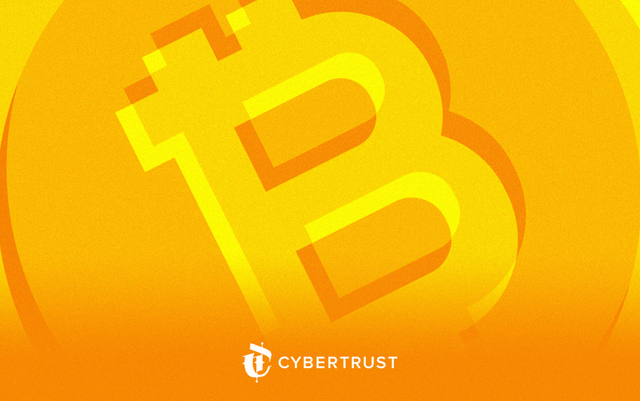Bitcoin and blockchain: your guide to getting it right

Since blockchain is the basis for Bitcoin and the first distributed blockchain was conceptualised by the creator of Bitcoin, Satoshi Nakamoto, the technologies are often confused. In short, they are both a value exchange protocol but the difference is that Bitcoin is a kind of financial asset and tool, whilst blockchain is a new information technology that has applications that go way beyond Bitcoin.
NB: there are those that even go so far as to make a distinction between Bitcoin (with an uppercase “B”) and bitcoin (with a lower case “b”). The advocates doing so state that Bitcoin refers to the protocol, whilst bitcoin refers to the currency. Let’s not get bogged down by the significance of upper and lower case (but, so you know, if I’m talking about the protocol I write “Bitcoin protocol”, otherwise I mean the currency).
Just to reinforce the difference between blockchain and Bitcoin, at the end of last week, the CEO of UBS came out saying that he’s not too keen on crypto but likes the idea of blockchain. So what is there to like about blockchain that there isn’t to like about Bitcoin?
Well blockchain has much wider use application than just currency inside and outside the world of finance. Blockchain projects around the world are looking to branch into everything from document verification and digital identities, to digital voting.
Whereas Bitcoin is just a decentralised currency. And what’s not to like of it?
Well, from the point of view of an investor that didn’t join the party early and a financial services company that works as a centralised intermediary, what is there to like about a store of value that you couldn’t risk touching due to legal reasons and then see it balloon in value, in addition to the disintermediation aspect…
Furthermore, there are other existing blockchains that exist, not just Bitcoin. The prime example of which would be Ethereum which, whilst also being immutable and functioning on the same principle of distributed computing, additionally allows for the implementation of “smart contracts”.
PS: Smart contracts are computer protocols which allow to facilitate, verify or enforce the negotiation or performance of a contract. In layman’s terms, this basically means code which parties sign up to as part of a contract and are unable to breach this agreement unilaterally, meaning if the conditions of the contract are met, the transaction goes through.
Blockchain technology has a prosperous future ahead of it with the technology set to revolutionise many aspects of our lives both online and offline. For the moment, Bitcoin is on the rise and is set to head into the clouds and beyond over the coming years until the bubble bursts. However, just like the internet and the dot coms that were born out of it, blockchain will outlive Bitcoin and transform in ways that can’t yet be dreamed of.
Subscribe to our channels:
Medium: https://medium.com/cybertrustbank
Telegram: http://t.me/cybertrustbank
Facebook: https://www.facebook.com/cybertrustbank
Twitter: https://twitter.com/cybertrustbank
Reddit: https://www.reddit.com/r/CyberTrust/
Steemit: https://steemit.com/@cybertrust
Vkontakte: https://vk.com/cybertrust
Vkontakte: https://vk.com/club157067414
You can also visit https://www.cybertrust.io to get a copy of the white paper and learn more about CyberTrust.